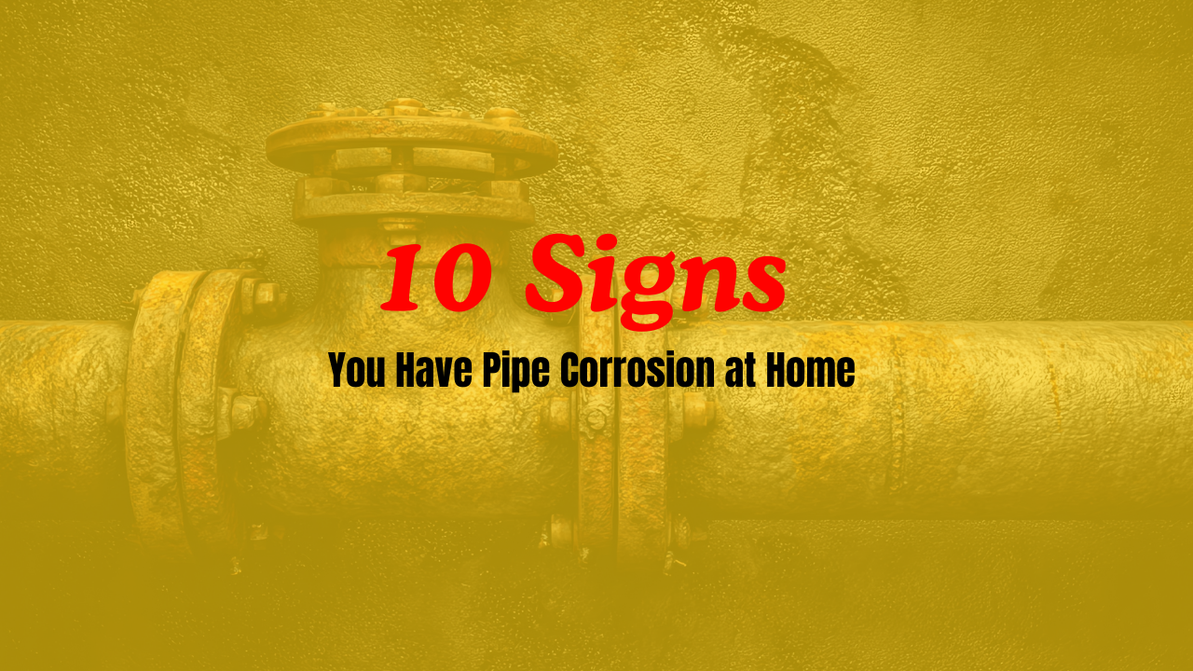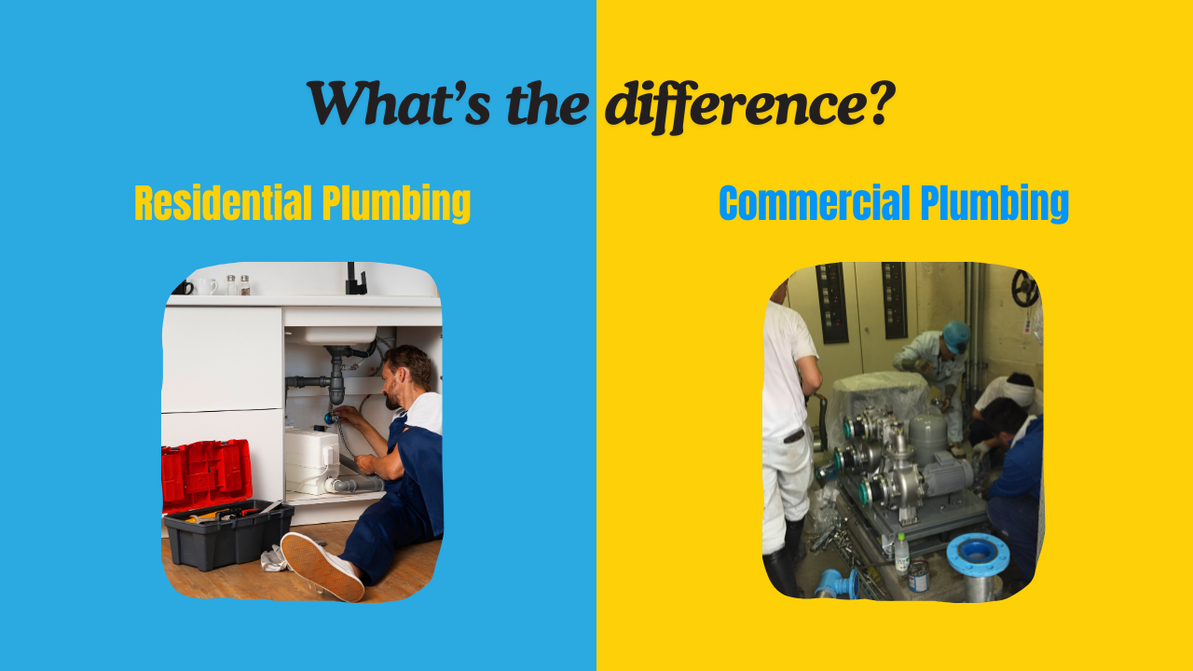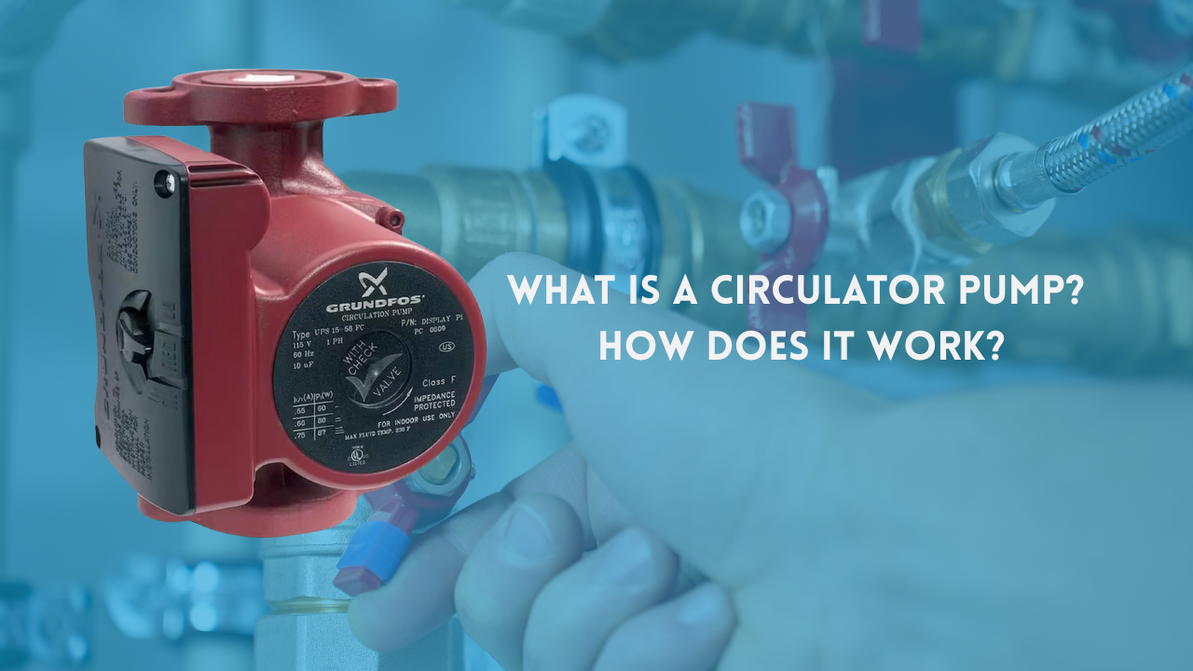Choosing the Right Booster Pump: Size, Power, and Efficiency
Booster pumps are crucial for maintaining adequate water pressure in various settings, from industrial facilities to busy hotels to large households. The ideal booster pump promotes optimal performance without wasting resources. As you shop, ponder the importance of size, power, and efficiency to guide you in choosing the right booster pump.
Size Matters
A pump that’s too small may fail to deliver sufficient pressure, while one that’s too large could waste energy and increase costs.
Begin by assessing the flow rate and pressure needs of your system. Flow rate, usually measured in gallons per minute (GPM) or liters per minute (LPM), indicates how much water the pump needs to move. Pressure requirements, often expressed in pounds per square inch (PSI), show the force needed to push water through the system effectively. Ensuring the pump’s capabilities align with applicable specifications will prevent inefficiencies and unnecessary expenses.
Power and Performance
The motor’s horsepower (hp) determines how effectively the pump can deliver the pressure and flow rate you need.
Reviewing the pump curve, which charts the flow rate against the head (pressure) the pump can achieve, can help you understand its performance potential. Higher horsepower typically means better capacity, but also higher energy consumption. As you shop for Grundfos booster pumps, strike a balance between performance and power to handle peak demands efficiently without incurring excessive energy costs.
Efficiency Equals Savings
High-efficiency pumps don’t just conserve energy; they also reduce operational costs over time.
Consider a pump with advanced features like a variable speed drive (VSD), which adjusts the pump’s speed based on real-time water demand. This optimization reduces both energy use and wear and tear on the pump. Additionally, high-efficiency ratings and sophisticated control systems ensure the pump operates smoothly under different conditions. While efficient pumps may have a higher cost up front, they offer fantastic savings on energy bills and maintenance in the long run.
Deciding on the best booster pump involves more than just picking the most powerful model on the shelf. By carefully considering the size, power, and efficiency, you can choose the right pump that meets your specific needs and operates cost-effectively. Whether for a home setup or an industrial application, the ideal booster pump delivers both reliable water pressure and efficient operation.
Recent Posts
-
What Causes Pipe Corrosion?
Pipe corrosion occurs when metal reacts with water, oxygen, and minerals over time. Factors that spe …Feb 2nd 2026 -
Commercial vs. Residential Plumbing: 15 Key Differences You Need to Know
Plumbing might seem straightforward at first glance, but residential and commercial systems are fund …Feb 2nd 2026 -
What Is a Circulator Pump and How Does It Work?
Water needs to keep moving efficiently in plumbing and HVAC systems, and that’s where a circulator p …Feb 2nd 2026





